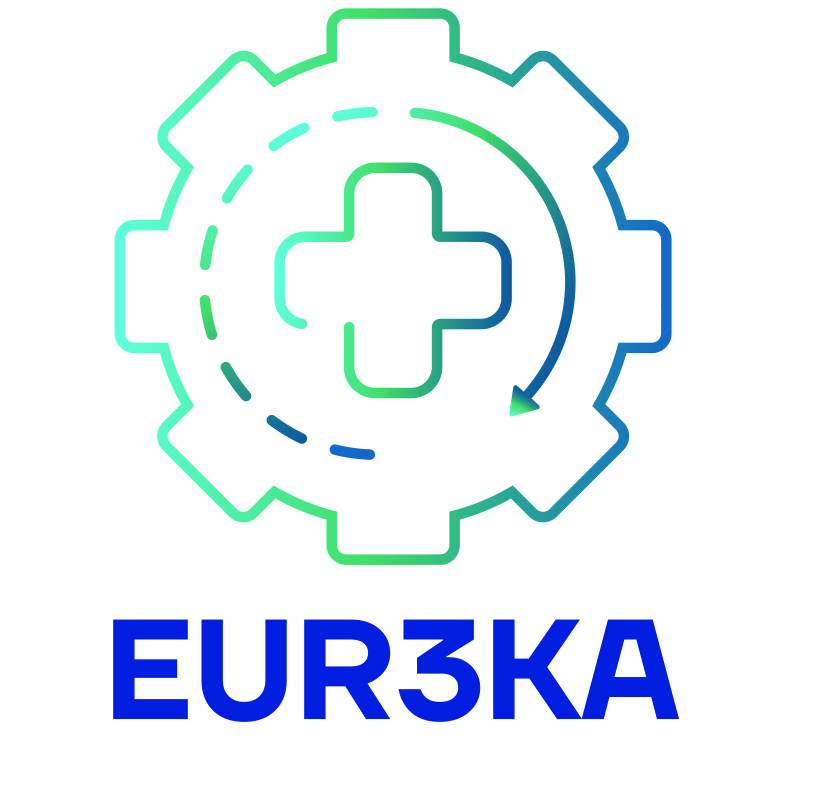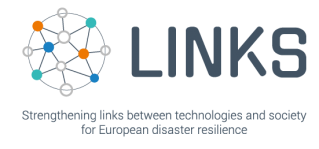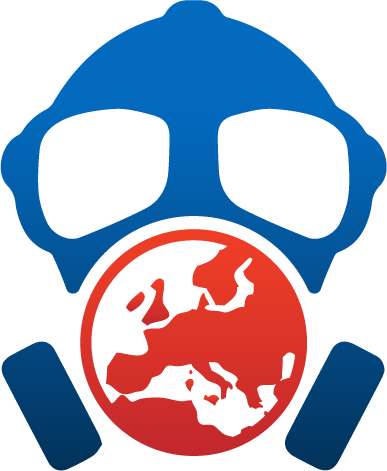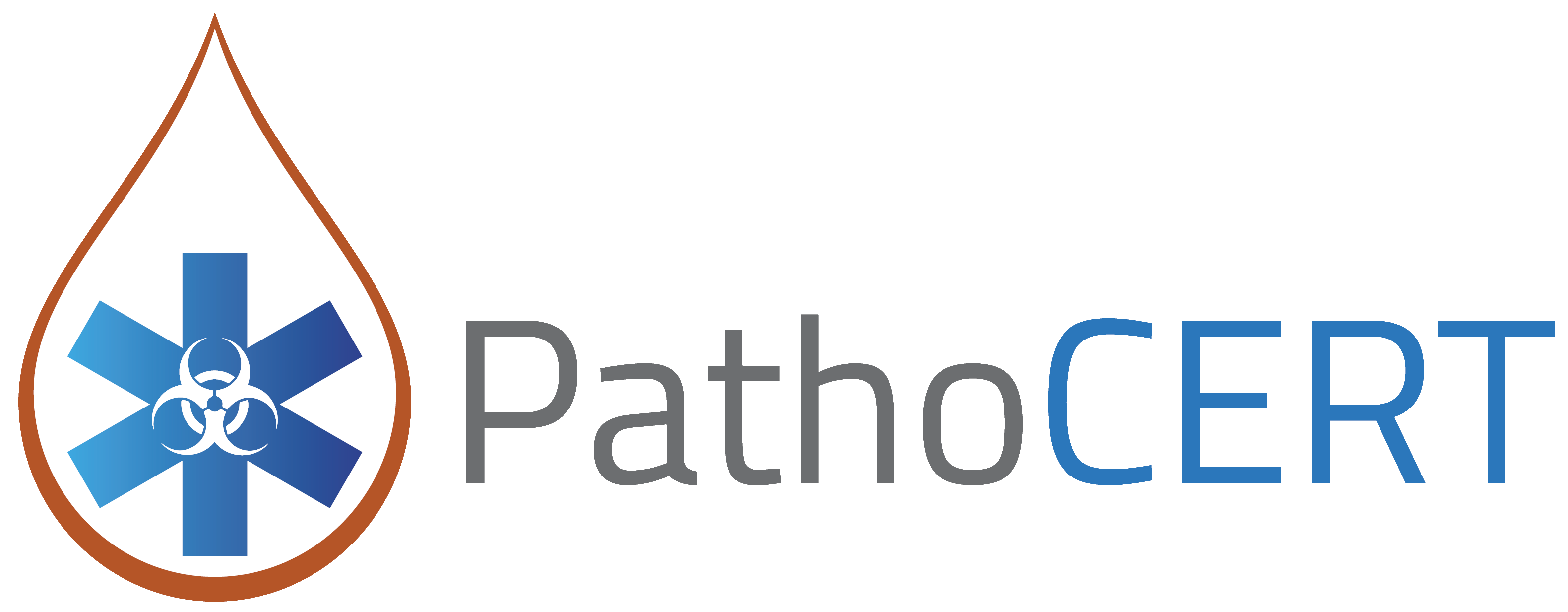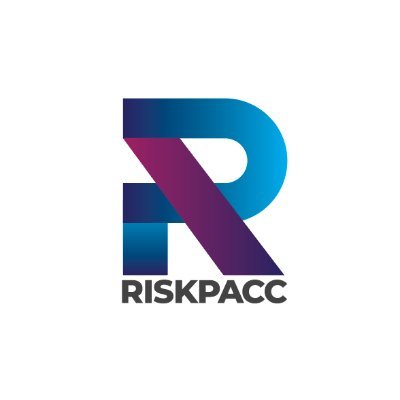PREPARE Cluster
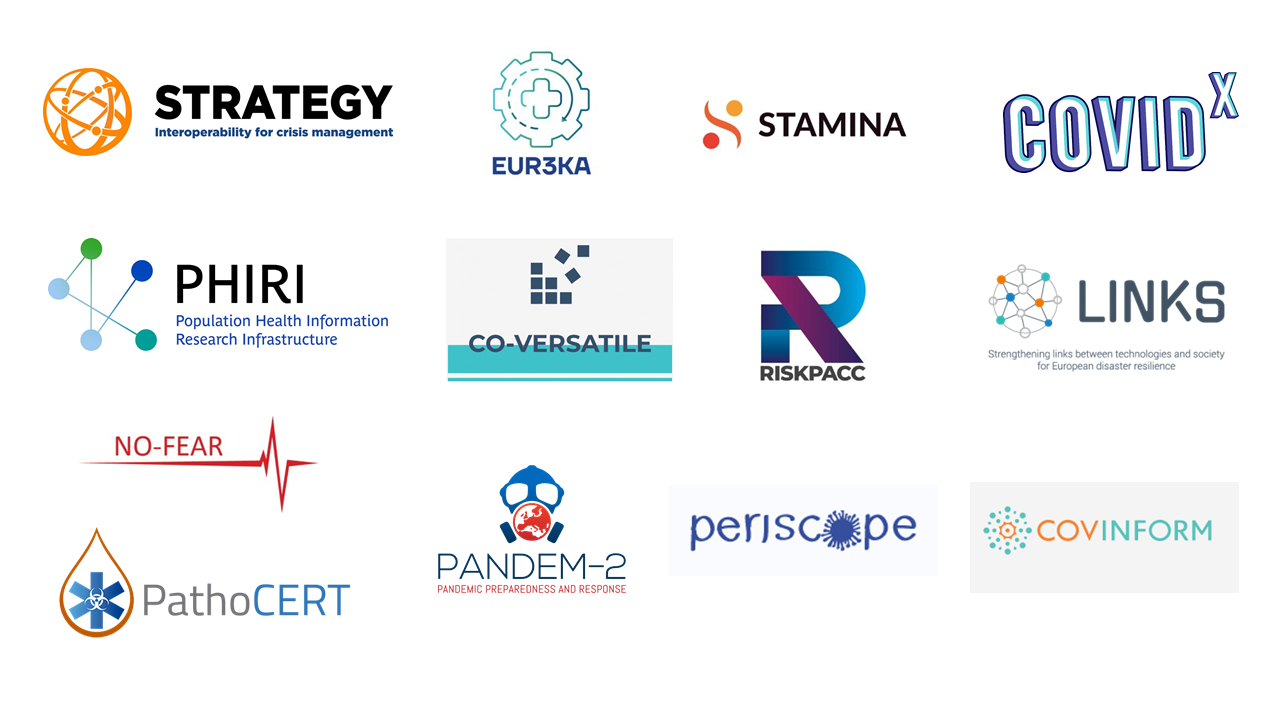
PREparedness and resPonse for emergency situAtions in euRopE
In recent years, there have been increasing instances of cross-border crises, including climate change, terrorism, international trade disputes and global health threats, like the COVID-19 pandemic. These emergency situations require large-scale planning for preparedness and response in order for countries to be able to cope with unforeseen challenges. The European Commission has recently funded many projects to work on different aspects of crisis management, many with a focus on managing pandemics. While each project has distinct aims and challenges, they all work towards a common goal.
|
PREparedness and resPonse for emergency situAtions in euRopE |
|---|
|
To protect European citizens and address the needs of the healthcare sector on short notice, the CO-VERSATILE project aims to prepare Europe for managing pandemics by elevating the adaptability and resilience of the manufacturing sector. The goal is to offer manufacturing and logistics firms readily available and customisable solutions - accessible via a cloud-based marketplace ‘Digital Technopole’ - that enable them to boost the production of vital medical equipment. |
|
COVID-X bridges the gap between the European digital sector and healthcare providers. The program will unlock the full capacity of Artificial Intelligence and Data Technology solutions to overcome COVID-19 Challenges, fast-tracking projects to market and save lives. |
|
COVINFORM analyses COVID-19 responses on the level of government, public health, community, and information and communication with a focus on the impacts on vulnerable individuals and groups. Key outcomes of the project are an online portal and visual toolkit for stakeholders in government, public health, and civil society integrating data streams, indices and indicators, maps, models, primary research and case study findings, empirically grounded policy guidance, and creative assessment tools. |
|
The Eur3ka - EUropean Vital Medical Supplies and Equipment Resilient and Reliable Repurposing Manufacturing as a Service NetworK for fast PAndemic Reaction - will be repurposing the manufacturing for vital medical supplies and equipment. Enhancing personal skills, new industrial value chains, service innovation, technological innovation, innovation methodologies, process innovation to fight Pandemics like COVID-19. |
|
LINKS “Strengthening links between technologies and society for European disaster resilience” is a comprehensive study on disaster governance in Europe. The overall aim of the LINKS project is to strengthen links between technologies and society for improved European disaster resilience, by producing sustainable advanced learning on the use of social media and crowdsourcing (SMCS) in disasters. |
|
NO-FEAR (Network Of practitioners For Emergency medicAl systems and cRitical care) is a 5-year Coordination and Support Action project that aims to bring together a pan-European and beyond network of emergency medical care practitioners, suppliers, decision and policy makers to collaborate and exchange knowledge, good practices, and lessons learned. |
|
PANDEM-2 is a H2020 EU-funded project that aims to develop new solutions for efficient, EU-wide pandemic management. The goal of PANDEM-2 is to prepare Europe for future pandemics through innovations in training and to build capacity between EU member states responding to pandemics on a cross-border basis. |
|
The project "Pathogen Contamination Emergency Response Technologies" (PathoCERT) aims to strengthen the coordination capability of first responders in the event that they have to work in places where the risk of contamination via water is high. Within this scope, the project will produce pathogen contamination emergency response technologies, tools and guidelines to be validated by first responders, helping them to detect pathogens quickly and to better control emergencies. |
|
PERISCOPE is a large-scale research project funded under the Horizon 2020 programme, that brings together 32 European institutions, coordinated by the University of Pavia. The goal of PERISCOPE is to shed light into the broad socio-economic and behavioral impacts of COVID-19. A multidisciplinary consortium brings together experts in all aspects of the current outbreak: clinic and epidemiologic; socio-economic and political; statistical and technological. |
|
Population Health Information Research Infrastructure (PHIRI) for COVID-19 facilitates research and supports policy making across Europe through the implementation of a research infrastructure to generate the best available evidence for research on health and well-being of populations as impacted by COVID-19. |
|
The aim of the Project is to integrate Risk Perception and Action to enhance Civil protection-Citizen interaction.
|
|
The STAMINA project brings together 27 organisations working towards developing tools for predictive modelling of pandemic outbreaks, along with early warning functionalities and decision support. The toolset will be accompanied by a set of guidelines on effective implementation of risk communication principles and best practices in cross-organisational preparedness and response plans. |
|
STRATEGY brings together standardisation bodies, policy makers, technology suppliers and first responders from several EU countries who will collaborate over three years to improve the interoperability of crisis management solutions across the EU. |
Subscribe to our newsletter
the fields marked with * are required
PHIRI Work tools
 |
This project has received funding from the European Union’s Horizon 2020 research and innovation programme under grant agreement No 101018317. Disclaimer - Privacy policy |
Version 10.0




